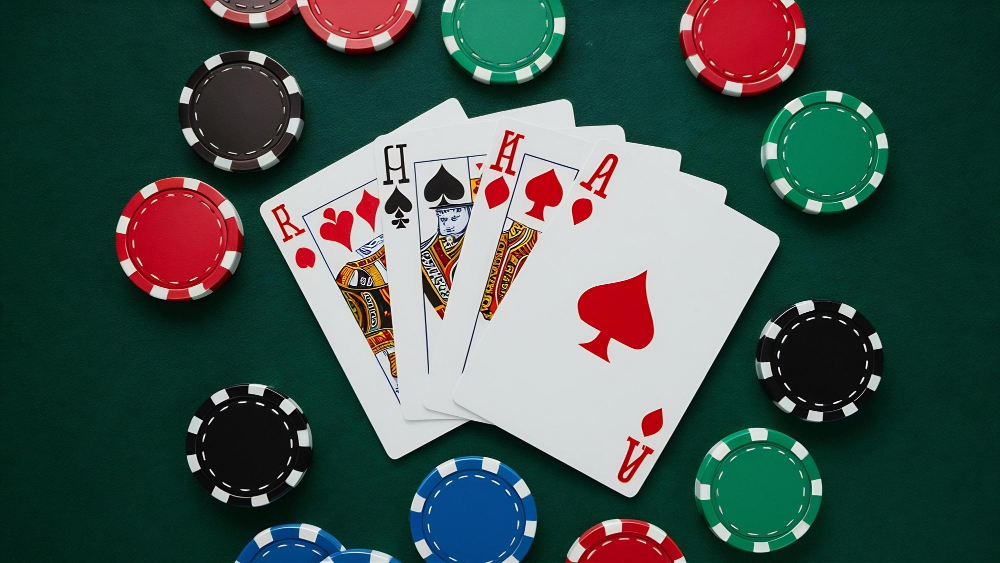Understanding the intricacies of poker can turn a novice player into a seasoned pro. Among various strategic moves, “checking” holds a key position in the arsenal of poker tactics. But what does check mean in poker? This guide delves deep into the game rules and offers insights on how to harness checking to your advantage.
What Does Check Mean in Poker?
In the realm of poker, checking is a move that can be as strategic as it is subtle. It’s the act of passing the action to the next player without making a bet, but it’s only available if no betting action has occurred prior. Checking offers players a chance to see how others act without committing more chips to the pot.
When Can You Check in Poker?
- Pre-Flop: If you’re the first player to act or if all players before you have checked.
- Flop: Available if no new bets have been placed since the last round.
- Turn: Same as above, applicable after the fourth community card is revealed.
- River: Once the fifth community card has been shown, and no recent bets are made.
Strategic Importance of Checking
Checking is not merely a defensive move; it’s a nuanced strategy employed for several reasons:
| Strategy | Purpose |
|---|---|
| Gathering Information | To see how other players react when you show weakness, possibly indicating their hand strength. |
| Pot Control | Prevents the pot from growing too large when you have a vulnerable hand. |
| Trap | Feigning weakness to encourage aggressive betting from opponents when you have a strong hand. |
How to Play Smart with Checking
Integrating the check strategy effectively requires understanding its impact and timing:
- Know When to Hold Back: Use checking as a tool to avoid overcommitting chips in uncertain situations.
- Read Your Opponents: Pay attention to how others respond to your checks. Agitation or eagerness might reveal the strength of their hand.
- Combine with Bluffing: Occasionally, follow up a check with a strong bet in the next round to mislead opponents about the strength of your hand.
Closing Thoughts
Mastering when and why to check in poker is crucial for anyone looking to refine their gameplay. While seemingly simple, the decision to check carries weight and can drastically influence the outcome of a hand. By using checks wisely, you can control the pace of the game, gather valuable information, and execute your winning strategy with finesse.
Remember, poker is as much about the plays you make as the ones you don’t. Embrace checking as a strategic element of your game, and watch as it opens up new avenues for victory. Poker isn’t just about the cards you’re dealt; it’s how you play them — and sometimes, the most powerful move is the one you don’t make.

